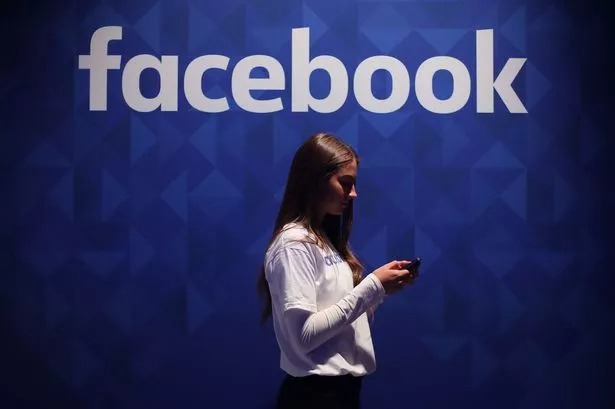In the digital age, social media platforms have become ubiquitous in shaping the way we communicate, share information, and engage with the world around us. One of the key drivers behind our social media experiences is the use of algorithms. These complex mathematical formulas, employed by platforms like Facebook, Twitter, and Instagram, play a pivotal role in determining what content we see, when we see it, and how it influences our perspectives. This article delves into the profound impact of social media algorithms on public discourse, examining both the positive and negative consequences they bring to the table.
Understanding Social Media Algorithms
Social media algorithms are a set of rules and calculations used by platforms to decide which content appears on users’ feeds. These algorithms consider various factors, such as user behavior, engagement metrics, and content relevance, to curate and prioritize the content that is displayed to each user. The primary goal of these algorithms is to keep users engaged and spending more time on the platform.
Echo Chambers and Confirmation Bias
One significant consequence of social media algorithms is the creation of echo chambers and the reinforcement of confirmation bias. Algorithms are designed to show users content that aligns with their existing beliefs and preferences. While this may increase user engagement, it can also lead to an information bubble where users are exposed only to perspectives and opinions that mirror their own. This narrowing of viewpoints can hinder healthy public discourse by limiting exposure to diverse ideas and perspectives.
Polarization and Filter Bubbles
Social media algorithms are known for accentuating polarization and filter bubbles. Filter bubbles occur when users are exposed to information that reinforces their preexisting beliefs, making it difficult for them to consider alternative viewpoints. This polarization is fueled by the algorithms’ tendency to prioritize sensational and emotionally charged content, which tends to garner more engagement. As a result, users are often exposed to extreme and polarized views rather than balanced and nuanced discussions.
Amplification of Misinformation
The rapid spread of misinformation is another alarming consequence of social media algorithms. These algorithms reward content that generates high engagement, regardless of its accuracy. This incentivizes the creation and dissemination of misleading or false information, as sensational and controversial content tends to receive more clicks, likes, and shares. The impact of misinformation on public discourse cannot be overstated, as it erodes trust in reliable sources and fuels confusion.
Reducing Attention Span
Social media algorithms prioritize short, attention-grabbing content, which can contribute to a reduced attention span among users. Users are more likely to engage with bite-sized content that can be quickly consumed, leading to a preference for sensational headlines and clickbait. This trend can hinder the ability to engage in in-depth discussions and critically evaluate complex issues, further affecting the quality of public discourse.
Promoting Clickbait and Shallow Content
The pursuit of user engagement often leads to the promotion of clickbait and shallow content. Social media platforms reward content that generates immediate reactions, such as likes and shares, rather than content that encourages thoughtful discussion or reflection. This rewards sensationalism and often discourages the creation of high-quality, informative content that contributes to meaningful public discourse.
Potential Solutions
Addressing the negative impact of social media algorithms on public discourse requires a multi-faceted approach. Platforms can consider implementing algorithms that prioritize content based on accuracy, relevance, and diversity of viewpoints rather than just engagement metrics. Additionally, media literacy education can help users critically evaluate the information they encounter on social media and differentiate between reliable and unreliable sources.
Conclusion
The impact of social media algorithms on public discourse is profound and multifaceted. While these algorithms have the potential to connect people and facilitate meaningful discussions, they also pose significant challenges. They can create echo chambers, reinforce confirmation bias, amplify misinformation, and promote shallow content. Recognizing these challenges is the first step in mitigating their negative effects and fostering a healthier online environment for public discourse. Ultimately, the responsible use of social media algorithms and the cultivation of media literacy are essential in ensuring that these platforms serve as tools for informed and constructive communication in our digital age.

